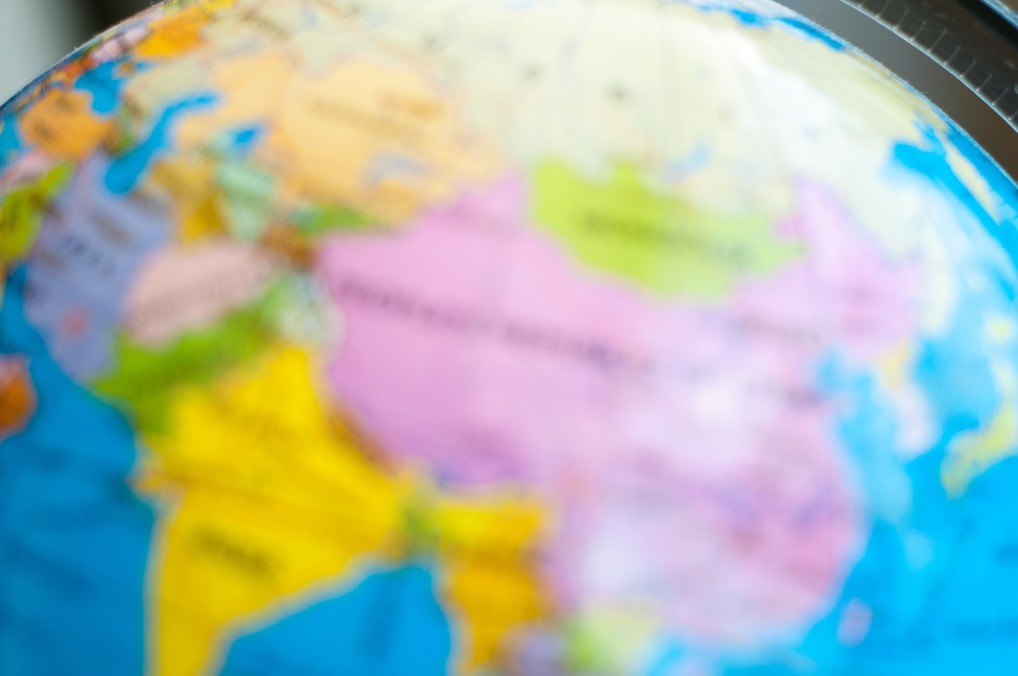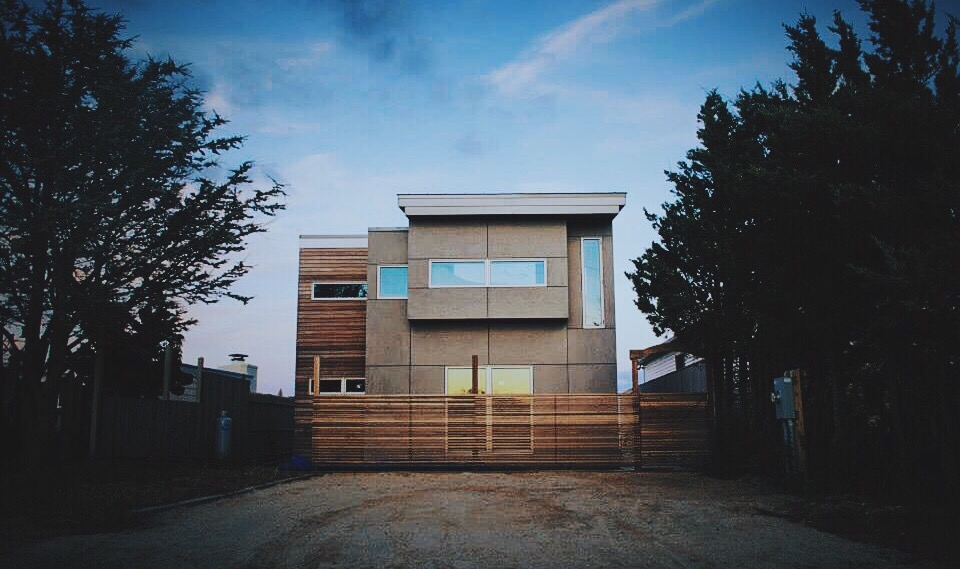We’re hearing it all over the Internet right now, people suggesting that the elderly should die for the Dow Jones Industrial Average. Russell Moore wrote for the New York Times, “We already are hearing talk about weighing the value of human life against the health of the nation’s economy and the strength of the stock market… Still, each human life is more significant than a trillion-dollar gross national product. Stocks and bonds are important, yes, but human beings are created in the image of God.” This statement, the #DyingForTheDow hashtag and similar sentiments, are overly simplistic and fail to acknowledge the truth about economics.
Economics, at its root, is a theory of choice and its unintended consequences. This is a welcome reminder that “the economy” we often refer to when talking about stocks, bonds, and Wall Street is actually made up of individuals’ actions and interactions in a world of scarce resources and their intended and unintended consequences. In short, the economy is made up of individuals who are real living and breathing people with emotions, created in the image of God.
Matthew Lee Anderson discusses trade-offs, a reality in a world with limited resources, in an article he wrote for Mere Orthodoxy. He writes, “If we honor the concrete value of each individual human life, we should similarly focus our accounts of the economic devastation we are wreaking on the real lives of those who suffer, rather than indulgently criticizing middle-class consumerism or reducing people’s positions to abstractions like the GDP.” Right now, we are faced with an argument, choose saving those afflicted by COVID-19, or choose the side of the economy (with significantly more people suffering in the United States at this moment). This false choice is one that will only increase division between two groups of people who share principles about the sacred value of individual human life. It’s likely that individuals on both “sides” of this argument have one thing in common when it comes to this pandemic–care for individuals who were created in the image and likeness of God.
The question is how then do we even begin to consider the impossible task of balancing competing priorities, especially priorities as profound as human life?
To start, we should consider the faces of all those we know: our grandparents, our immuno-compromised co-workers and best friends, our baristas, our waiters and waitresses, our teachers, our nannies, our dog-walkers, and all those whose livelihoods are at stake. Rather than taking one side or another, we must come together and discuss the true trade-offs, challenging as that may be. The Economist reports that “Eventually, even if many people are dying, the cost of distancing could outweigh the benefits. That is a side to the trade-offs that nobody is yet ready to admit.” However, we cannot do this without grace and empathy. Everyone is facing a trial of their own right now, whether it is the illness of the virus or the pain and hardship that comes with the loss of a job.
Physically distant, but otherwise tenuous, Christians can strive to “Consider it pure joy, my brothers and sisters, whenever you face trials of many kinds, because you know that the testing of your faith produces perseverance. Let perseverance finish its work so that you may be mature and complete, not lacking anything.”
Soon enough, we will be better and stronger versions of ourselves for coming together amidst crisis. We will have found the courage to support those in our communities, the strength to physically distance ourselves from relationships we cherish, and the faith to hope for a future freedom from these constraints. Ultimately, we are all deeply concerned about people, how their lives will be affected by this pandemic, and our future. We should not be divided by false choices, juxtaposing the stock market and humans made in the image of God, but unite and persevere with joy in this pandemic.



